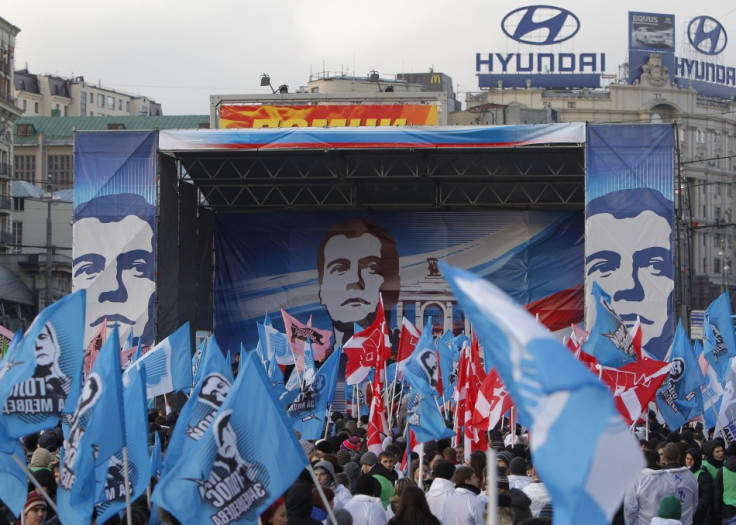OpRussia: Anonymous Hackers Hit Russia's 'Hitler Youth'

Anonymous hackers have released data linking a Russian pro-Vladimir Putin youth group to an ongoing cyber campaign against opposition supporters.
Breaking via the Guardian, OpRussia saw the Russian cell of Anonymous upload hundreds of emails allegedly chronicling correspondence between Vasily Yakemenko and Kristina Potupchik between November 2010 and December 2012.
Now the head of the Kremlin's Federal Youth Agency, Yakemenko was the first leader of the infamous Nashi youth group, while Potupchik is the group's current spokesperson.
If authentic the emails confirm long term suspicions by both opposition supporters and the world's media that the Kremlin was funding an ongoing cyber campaign against its enemies.
According to the emails, Nashi had been involved in an ongoing trolling campaign, paying for favourable reports in the media and writing false statements and posts discrediting opposition activists. The emails reportedly go so far as to detail payments to journalists and bloggers.
At the time of writing the International Business Times UK could not verify the authenticity of Anonymous's claims. The links to the alleged email have been blocked and Nashi and the Russian Embassy have not responded to requests for comment.
Nashi - which when translated is short for Youth Democratic Anti-Fascist Movement - is a Russian youth movement currently believed to house more than 120,000 members, all aged between 17 and 25. The group was founded in April 2005 with strong backing by a number of senior figures in the Russian Presidential administration.
Since its foundation, the group has received widespread criticism, with many critics going so far as to compare it to the Nazi Party's Hitler Youth. A standard accusation has been that the group intentionally targets disenfranchised young men - often compared to Britian's skinheads and football hooligans - for recruitment, later using them as "bully boys" to intimidate anti-Putin groups.
Since being published the operation has garnered widespread support from other Anonymous cells, with numerous Twitter accounts associated with the collective publicising the operation.
"Congratulations to our Russian hackers at arms who hacked+ uncovered shady practices going on in Nashi," read a tweet from AnonymouSabu.
© Copyright IBTimes 2024. All rights reserved.





